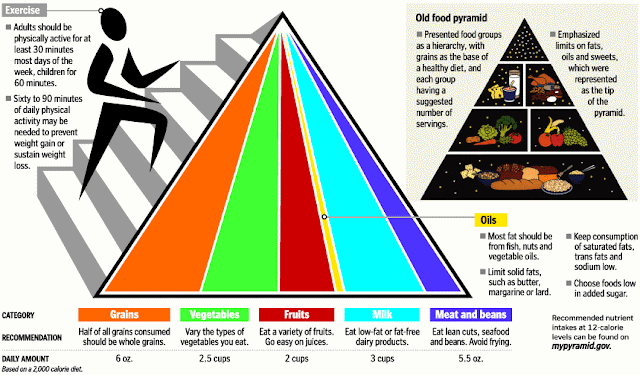The New York Times reported today that hospice care in the U.S. is getting abused at an increasing rate. The government dished out $12 billion in 2009 for hospice care compared to $2.9 billion in 2000. Four out of 10 Medicare patients now use hospice for end-of-life treatment, which is what hospice is there for. But what's largely going overlooked, or rather underreported, is why this abuse has been increasing and how to actually fix it.
Briefly, the NY Times reporter cites that patients are deciding to avoid life-support treatments in the hospital for pain-relieving medication through hospice care, which can be at a nursing home or privately in your own home. This still doesn't answer why, however. Hospice is for patients who are expected to live no more than six months, but with mental diseases and autoimmune diseases increasing in the American population -- where often proper lifestyle changes and reduced stress can increase life expectancy -- many of these patients are living longer than the six months expected.
In other topics on Medicare and Medicaid, the abuse doesn't stop at hospice care. Recently, I reported in Automative Fleet magazine on how Medicaid van services can largely go overlooked, despite the hustle of contractors to oversee these services. When picking up Medicaid riders is a main source of income for a service fleet, it might be easy to report a higher number, as reported by some fleet contractors.
While the health care reform will work to curb some of these abuses, legislators aren't necessarily informed and educated enough on all these gaps to make effective change. What America needs is a nonpartisan committee to find these holes in government medical services to help prevent waste. As well, this could open other questions for legislation, such as why more and more people are bypassing life-prolongment treatment for a more peaceful end through hospice care. And also this raises questions to the medical community: What defines a terminally ill patient? Maybe the attention and personal services given through hospice care were all that were needed to make the illness not so terminal.
Briefly, the NY Times reporter cites that patients are deciding to avoid life-support treatments in the hospital for pain-relieving medication through hospice care, which can be at a nursing home or privately in your own home. This still doesn't answer why, however. Hospice is for patients who are expected to live no more than six months, but with mental diseases and autoimmune diseases increasing in the American population -- where often proper lifestyle changes and reduced stress can increase life expectancy -- many of these patients are living longer than the six months expected.
In other topics on Medicare and Medicaid, the abuse doesn't stop at hospice care. Recently, I reported in Automative Fleet magazine on how Medicaid van services can largely go overlooked, despite the hustle of contractors to oversee these services. When picking up Medicaid riders is a main source of income for a service fleet, it might be easy to report a higher number, as reported by some fleet contractors.
While the health care reform will work to curb some of these abuses, legislators aren't necessarily informed and educated enough on all these gaps to make effective change. What America needs is a nonpartisan committee to find these holes in government medical services to help prevent waste. As well, this could open other questions for legislation, such as why more and more people are bypassing life-prolongment treatment for a more peaceful end through hospice care. And also this raises questions to the medical community: What defines a terminally ill patient? Maybe the attention and personal services given through hospice care were all that were needed to make the illness not so terminal.

